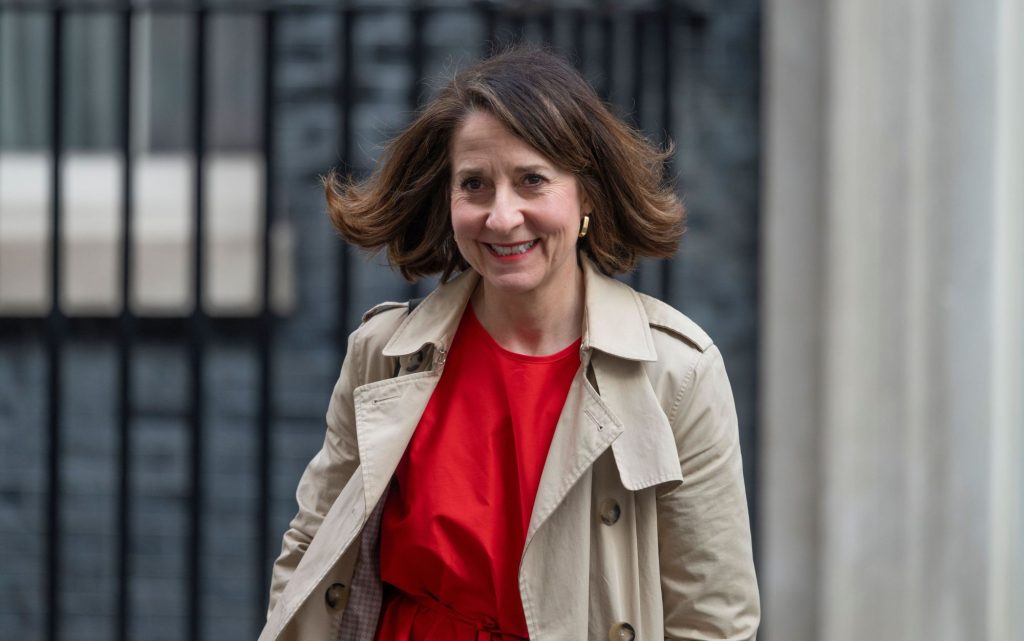The recent announcement of welfare cuts by Labour’s government has sparked significant concern, as a government impact assessment predicts that these reforms will push an additional 250,000 people, including 50,000 children, into relative poverty. Released alongside Chancellor Rachel Reeves’ Spring Statement, the Department for Work and Pensions’ analysis forecasts dire consequences for many families relying on benefits.
The Impact of Benefit Cuts
The assessment reveals that by the fiscal year 2029/30, approximately 3.2 million families will endure an average annual financial loss of £1,720 due to the planned cuts. This projection is particularly alarming for those relying on Personal Independent Payments (PIPs), as individuals who no longer qualify will face an average loss of £4,500. The government insists that such reforms are necessary to maintain financial sustainability within the welfare system, arguing that the current level of benefit payouts is unsustainable.
Liz Kendall, the Secretary of State for Work and Pensions, argues that these changes will encourage individuals not only to stay in work but also to re-enter the workforce more rapidly. However, this perspective does little to alleviate the concerns of many Labour MPs who argue these cuts are excessively harsh and detrimental to the most vulnerable populations.
Political and Public Reaction
Within the Labour Party, the reaction to this announcement has been one of outrage. Bell Ribeiro-Addy, MP for Clapham and Brixton Hill, stated she would oppose the cuts, asserting that « No Labour MP should be voting to push children into poverty. » This sentiment is echoed by other party members, who express shock and dismay at the figures presented in the impact assessment.
Veteran Labour MP Diane Abbott criticized the leadership in The House Magazine, questioning whether they realize the appearance that voters may perceive them as taking resources primarily from the most vulnerable groups—particularly old people, poor children, and the disabled—whenever financial tightening is required.
Moreover, Helen Barnard, policy director at the Trussell Trust, has emphasized the real-life implications of these cuts, saying they risk forcing more individuals to skip meals and rely on food banks. Barnard stated, “These cruel cuts are out of touch with what voters want; it’s a change for the worse with disabled individuals bearing much of the burden.”
The Broader Economic Context
Chancellor Reeves defended her position to MPs, asserting that without further welfare cuts, she would find herself in breach of her fiscal rules. However, Paul Novak, General Secretary of the Trades Union Congress, cautioned against formulating long-term welfare policy based on the short-term projections from the Office for Budget Responsibility (OBR). Novak urged ministers to reconsider, stressing the importance of making policy decisions with care and deliberation.
This development adds to the ongoing debate regarding the impact of austerity measures on societal welfare. With the OBR forecasting further economic strain, the question remains whether these cuts will ultimately exacerbate poverty and inequality within the United Kingdom. Many policymakers and constituencies are calling for a rethink, pressing for strategies that balance fiscal responsibility with the needs of all citizens, particularly the disadvantaged. As Labour continues to navigate these contentious reforms, public scrutiny will undoubtedly play a pivotal role in shaping future welfare policy directions.
